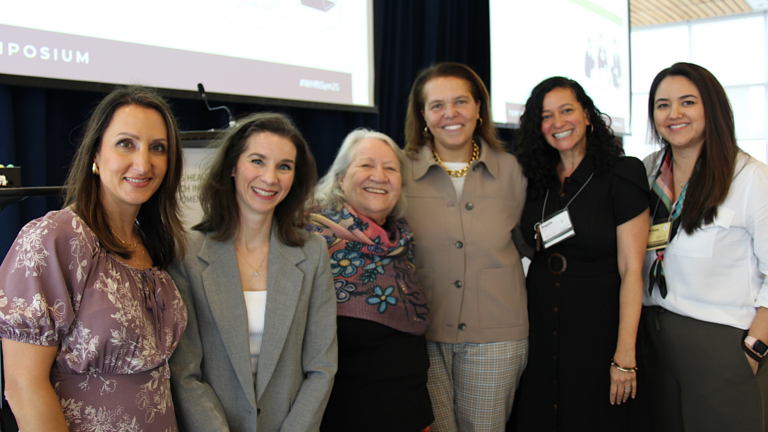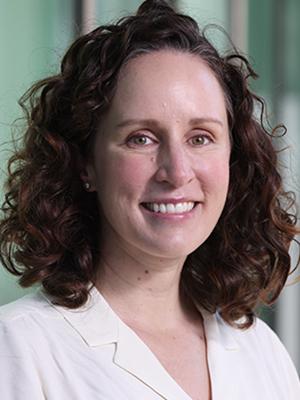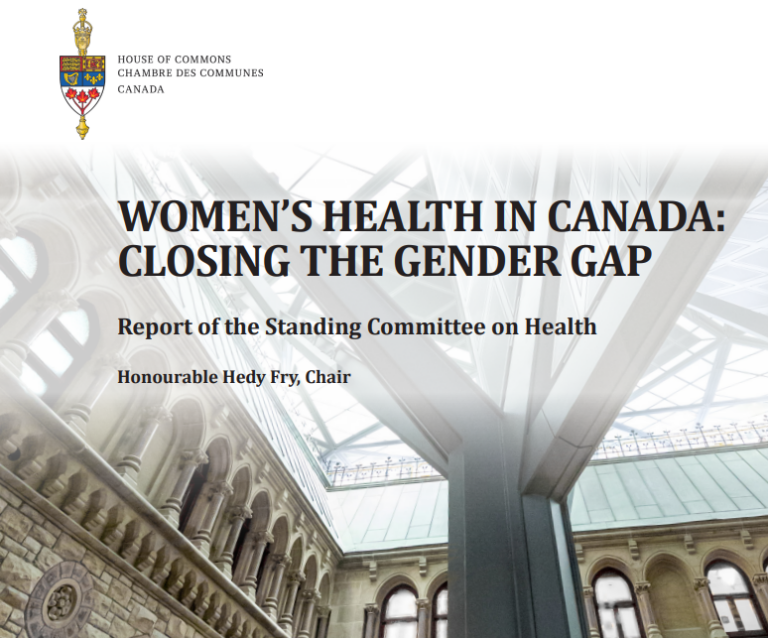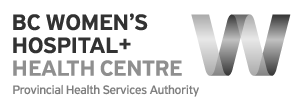
In the Media: Dr. Glen Pyle Speaks on a New Women’s Health Strategy
The Vancouver Sun recently profiled research led by Dr. Gillian Hanley showing how opportunistic salpingectomy — the removal of the fallopian tubes during another gynecologic or abdominal surgery — can drastically reduce the risk of ovarian cancer.








